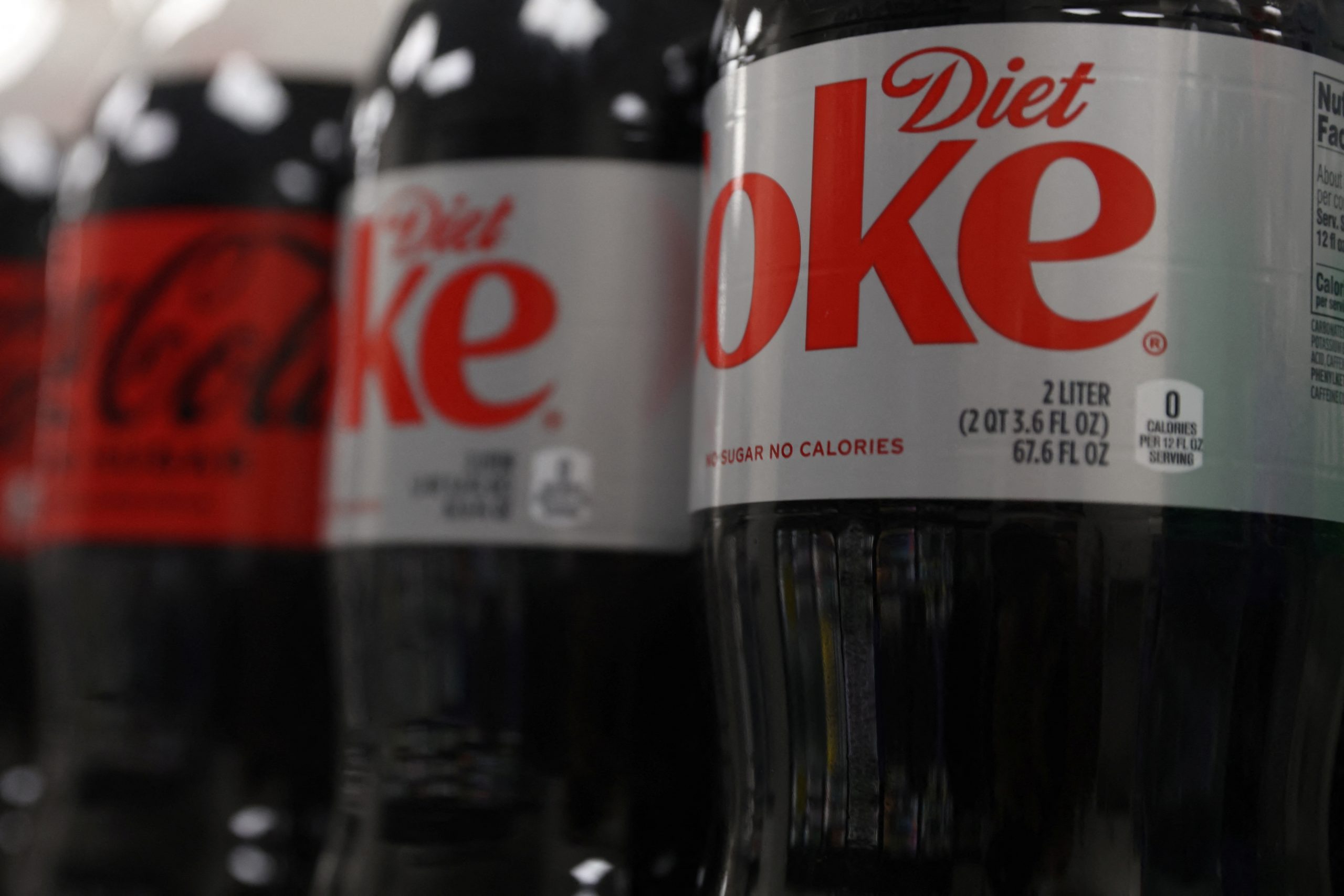BNR – If the World Health Organization labels aspartame, the synthetic sweetener used in Diet Coke, as a probable carcinogen, Coca-Cola will only face limited consequences. According to experts on Friday, this is due to the company’s manufacturing scale.
In July, the World Health Organization’s cancer research department issued a categorization of the popular ingredient. This might push customers, food firms, retailers, and restaurants to choose between fighting back and finding substitutes.
Analysts believe that moving to a natural alternative for Coca-Cola will be smoother compared to many other corporations that use the additive. In 2022, Coca-Cola’s low-calorie drinks accounted for one-third of total volume sales.
“Coca-Cola has one of the best production and distribution systems globally,” said Charlie Higgs, an associate partner at Redburn Ltd., “who have successfully navigated plenty of hurdles in the past, like sugar taxes and reformulations associated with that.”
In the past, beverage companies such as Coca-Cola and PepsiCo have changed their ingredient composition to meet changing regulations.
Coca-Cola and Pepsi’s Previous Experiences
The firms changed their production procedure for caramel colouring in their sodas in 2012. This happened in order to comply with the California ballot measure criteria aimed at reducing people’s consumption of harmful substances.
According to market analyst Grzegorz Drozdz of investment company Conotoxia Ltd, Coca-Cola’s short-term profitability may suffer because of the switch. However, given its manufacturing history, it does not expect a significant drop in long-term revenue.
PepsiCo, on the other hand, may have an advantage over its competitor because it already switched from aspartame to a combination of sucralose and acesulfame potassium, according to CFRA Research.
In 2015, the corporation changed the ingredient in several US diet drinks for the first time. However, it was reinstated in certain items a year later. In 2020, it was phased out once more.
